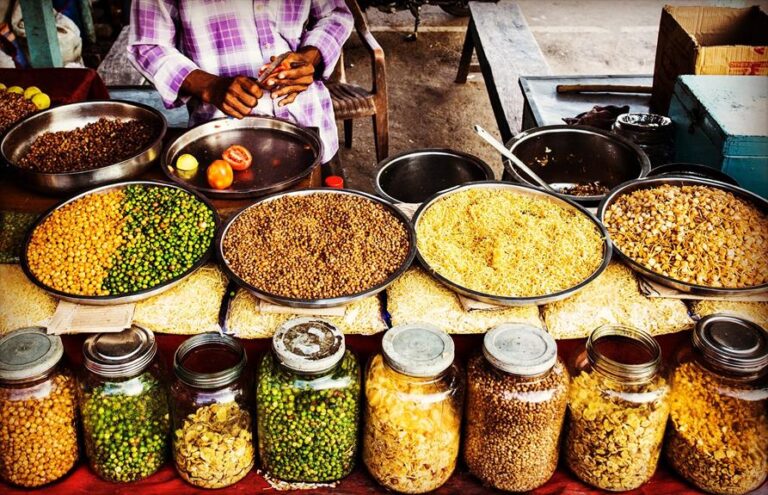In the realm of everyday objects, the presence of holes is both intriguing and purposeful. From the familiar sight of Swiss cheese to the utilitarian use of a clothes strainer, the concept of having numerous holes takes on various forms.
Even the vast expanse of a golf course, meticulously adorned with holes, captivates enthusiasts.
Delving into the digital realm, TapNation has developed an engaging trivia game centered around the theme of naming things with lots of holes.
Join us on this journey as we explore the fascinating entities that encompass this intriguing concept.
Summary: Name Something With Lots of Holes
- Swiss Cheese
- Clothes Strainer
- Road Grater
- Lotus Seed Pod
- Golf Course
Swiss Cheese
Swiss cheese is widely known for its distinctive characteristic of having numerous holes throughout its creamy and flavorful interior. The history and origins of Swiss cheese can be traced back to Switzerland, where it has been produced for centuries. It is believed that the cheese-making techniques used in Switzerland, such as the addition of bacteria cultures and the unique aging process, contribute to the formation of these characteristic holes.
There are several different types of Swiss cheese, each with its own distinct flavor profile. Emmental, for example, is known for its nutty and slightly sweet taste, while Gruyère has a stronger, more complex flavor. Appenzeller, on the other hand, has a tangy and herbaceous taste.
These different types of Swiss cheese can be enjoyed on their own, as well as in a variety of dishes such as sandwiches, fondues, and gratins. Swiss cheese is a versatile and delicious option that adds a rich and savory element to any culinary creation.
Clothes Strainer
A clothes strainer is a household item that is commonly used for separating water from freshly washed clothes by utilizing a mesh or perforated surface. There are different types of clothes strainers available, each with its own specific use.
One common type is a clothes strainer bag, which is typically made of a fine mesh material and is used to hold delicate items such as lingerie or small garments that may be easily damaged in a traditional washing machine. Another type is a clothes strainer basket, which is often used for larger items like bedding or towels.
The history and cultural significance of clothes strainers can be traced back to ancient times when people used various methods to separate water from their laundry. In many cultures, clothes strainers are seen as essential tools for maintaining cleanliness and hygiene. They are also valued for their ability to prolong the lifespan of clothing by preventing stretching or damage during the drying process.
Road Grater
Road graders are heavy construction machines used to create a smooth and even surface on roads by removing excess material and leveling the ground. They play a crucial role in road construction and maintenance.
Here are four key points to consider when discussing road graders:
- Different types of road construction equipment: Road graders are just one type of equipment used in road construction. Other equipment includes asphalt pavers, compactors, and excavators. Each machine has its specific function and contributes to the overall road construction process.
- The importance of proper road maintenance and repair: Road graders are essential for maintaining and repairing existing roads. Regular maintenance, such as grading, helps to prevent potholes, cracks, and uneven surfaces, ensuring safe and comfortable driving conditions.
- Efficient and cost-effective road construction: Road graders are designed to efficiently remove excess material, saving time and resources during the construction process. Their precise leveling capabilities result in a high-quality road surface that requires minimal rework.
- Enhanced road safety: Well-maintained roads created by road graders contribute to improved road safety. By removing hazards, such as bumps and uneven surfaces, road graders help reduce accidents and provide a smoother driving experience for motorists.
Lotus Seed Pod
Lotus seed pods are known for their numerous holes, making them a distinctive natural structure. These pods hold great symbolic significance in various cultures around the world. In Buddhism, the lotus is a sacred flower that represents purity, enlightenment, and spiritual growth. The seed pods, with their holes, symbolize the journey of transformation and the emergence of beauty from adversity.
The unique growth and formation process of lotus seed pods adds to their allure. The pods develop underwater, with the seeds enclosed in protective chambers. As the lotus flower blooms, the seed pod rises above the water’s surface and matures. Over time, the pod dries out, revealing the intricate pattern of holes. This natural phenomenon showcases the resilience and adaptability of the lotus plant, inspiring people to embrace change and find beauty in imperfections.
The lotus seed pod serves as a reminder that even in the face of challenges, growth, and beauty can emerge.
Golf Course
The golf course is a sprawling landscape with numerous holes, providing a challenging and scenic environment for players to enjoy the game. Here are four key points about golf courses:
- Different types of golf courses around the world: From traditional parkland courses to links courses by the sea, there is a wide variety of golf course designs. Each type offers unique challenges and stunning views, catering to different preferences and skill levels.
- The history and evolution of golf course design: Golf course design has evolved over centuries, reflecting changes in playing styles and technology. From the earliest Scottish courses to modern designs by renowned architects, the layout and features of golf courses have been refined to enhance the strategic and aesthetic aspects of the game.
- Environmental considerations: Golf courses are increasingly designed with sustainability in mind. They incorporate natural features, such as water bodies and indigenous vegetation, to preserve the ecosystem and provide a harmonious backdrop for play.
- Golf course maintenance: Golf courses require meticulous maintenance to ensure optimal playing conditions. Skilled groundskeepers carefully manage factors like grass length, irrigation, and pest control, ensuring that players have the best possible experience on the course.
Golf courses offer a rich history, diverse designs, and a commitment to environmental sustainability, making them a beloved destination for golfers worldwide.







